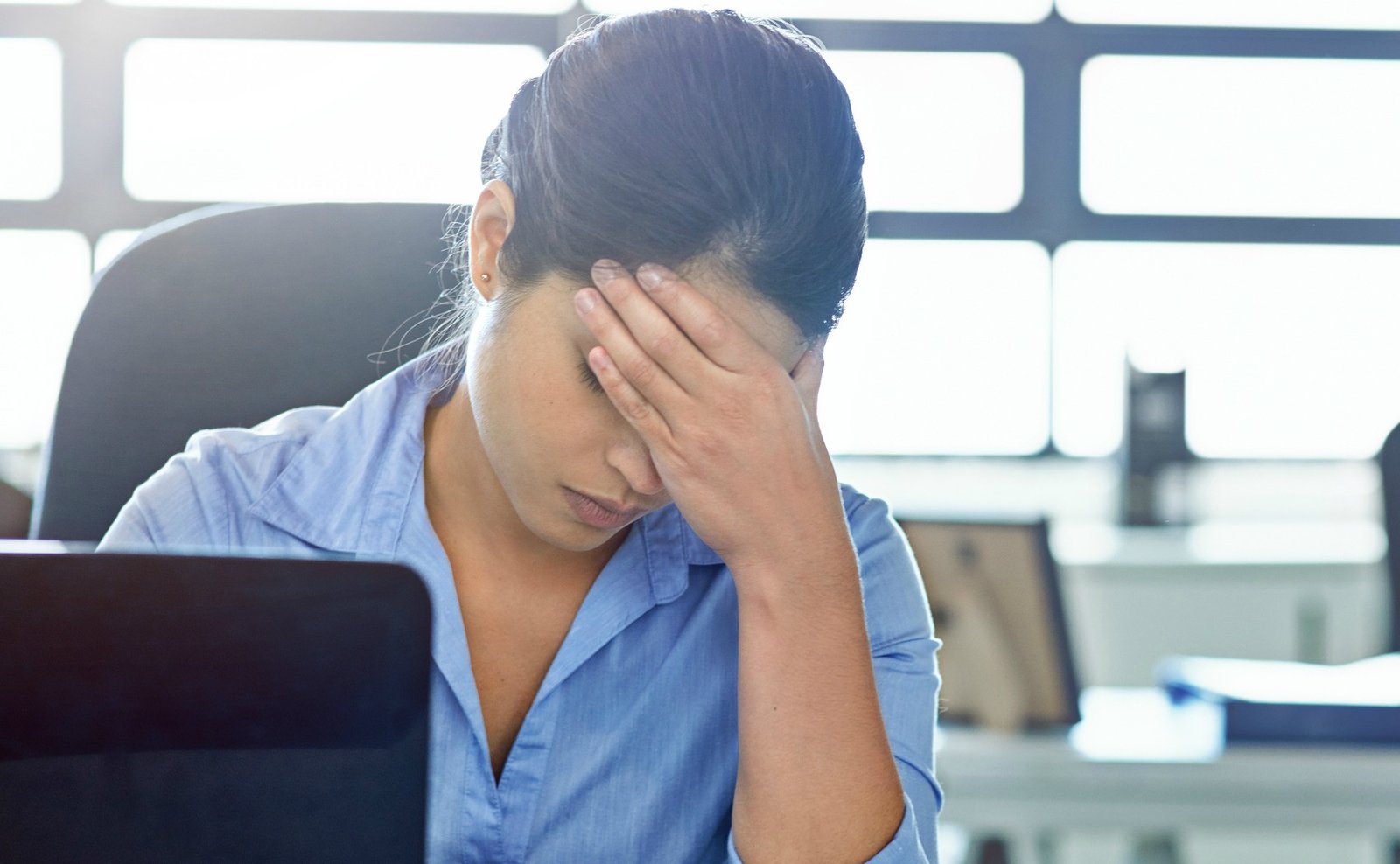Is your period disappearing? The problem of amenorrhea often depends on stress, which sends female hormones into the hay. Here are some tips from our expert to take action

When we live under pressure, it is not only the mind that suffers, the body is also affected. For some women, stress can affect the menstrual cycle, making it irregular, to the point of disappearing, or even never occurring if they are very young. In these cases we are talking about amenorrhea. Let’s dig deeper with the doctor Patricia Vaccaropsychotherapist in Milan, who has been dealing with these issues for years.
What is amenorrhea?
Amenorrhea is the absence of menstruation. It is called primary when it concerns girls who at the age of 16 have not yet had their first menstrual cycle (often due to congenital abnormalities of the reproductive system). It is called secondary during menstruation they disappear for at least six months in an adult woman. In this case, the causes are often found in lifestyle (stress, poor diet, excessive physical exercise).
Why problems occur in the menstrual cycle
“When we are overtired, the body activates what is being said stress response: the body goes into alarm mode and returns to lower standards,” explains the expert.
“In other words, it implements a reallocation of resources to deal with the difficulties of the moment. So this means that at a physiological level certain functions that are not necessary for survival are silenced, including reproductive capacity. In practice it is as if our mind-body has warned us that before we can give birth to another life we have to ensure our own survival. Then, when the body returns to balance, the menstrual cycle also resumes its normal periodicity.”
The role of the hypothalamus
About half of amenorrhoea It is of hypothalamic origin, that is, it is caused by an area of the brain that regulates the production of gonadotropins (that is, the substances that then allow the production of estrogens, the female hormones involved in the development of the ovulation cycle). The good news is that in this case the amenorrhea is reversible.
What to do to resolve amenorrhea
“The first thing you have to do is go to your gynecologist and make all the necessary analyses. Then, once you understand that amenorrhea is caused by excessive stress, fatigue, exhaustion or psychological distress, it is better to contact a psychotherapist and work on multiple fronts,” says Dr. Vaccaro. “Unfortunately, in reality, we do not act like an on-off switch: even if we know the cause, solving the problem could be more complicated, because under pressure we sometimes do behaviors that often worsen the body’s energy expenditureinstead of letting him rest.”
Notice the need for control
A typical behavior of women without a period is to increase their sports activity, or impose even more restrictive diets or strict rules in any other area. That is, it increases traffic for control and there is a tendency towards a more rigid functioning, in which there is greater difficulty in managing change and unexpected events. For this reason, if the gynecologist has ruled out organic cases, it is It is necessary to rely on a qualified psychotherapist.
Ask our experts your question

